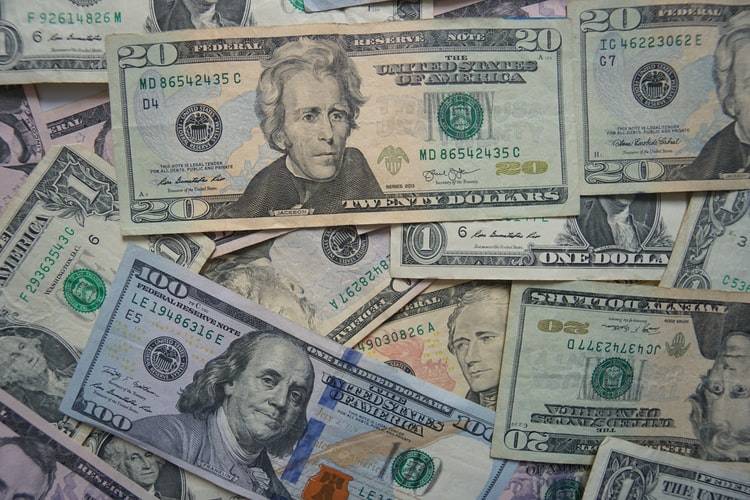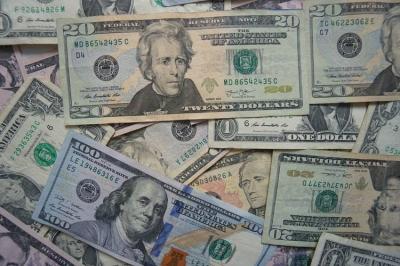The electronic newspaper "An-Nabaa" reports: Amid ongoing crises, which have intensified since the outbreak of the Russian-Ukrainian war and the rise in fuel prices to record numbers, with the price of a two-canister purchase of gasoline and diesel exceeding 460,000 Lebanese pounds, most stations are refusing to sell fuel to consumers, citing the reason of not receiving supplies from companies. This exacerbates the crisis, especially as the exchange rate of the dollar has suddenly surged to 24,000 pounds, creating a wave of panic among Lebanese citizens. They are still grappling with price increases from about two months ago when the dollar reached 34,000 pounds, in addition to the possibility of raising the price of bread from 9,000 to 12,000 pounds amid indications of rising wheat, sugar, and oil prices. All of this points to the erosion of what remains of social security.
In this context, financial sources described the measures taken by the Central Bank of Lebanon to stabilize the exchange rate through the injection of dollars as a “misguided measure,” as it contributes to the depletion of the central bank's dollar reserves. The sources indicated through "An-Nabaa" that the central bank's announcement to provide US dollars without a ceiling against the Lebanese pound on the Sayrafa platform has led to a decline, expressing concerns over the potential rise of the dollar again without a ceiling.
For his part, economic expert Antoine Farah stated in an interview with "An-Nabaa" that “what is happening is the first signs of the repercussions of the Ukraine war on the economic situation in Lebanon.” He noted that “it is clear that the Central Bank has been supporting the pound since last December through an agreement between Prime Minister Najib Mikati and the Governor of the Central Bank. The central bank was injecting a quantity of dollars and managed to reduce and stabilize the dollar at a rate of 20,000 pounds. However, now, after the rise in all goods, particularly oil, which has begun to affect production costs, and with traders rushing to import additional quantities on the expectation that prices will increase further, the pressure from the dollar on the Lebanese pound has increased. For the past two days, the difference in the exchange rate from the black market has begun to show around 2,500 pounds, which is equivalent to 15 percent, representing a significant gap, and it is difficult to predict how the trend will be in the future. The decision rests with the Central Bank: will it inject additional quantities to maintain the initial exchange rate during this phase, or will it reduce this pressure as its dollar reserves are limited?” He pointed out that ultimately “the dollar's price is tied to this decision that the Central Bank might take, and it cannot make this decision without referring to the Prime Minister,” but he indicated that “it is certain that the pound will witness further decline as long as the war in Ukraine continues.”
On another note, attention is directed toward the Cabinet meeting convening this afternoon at the presidential palace, with 18 items on its agenda, the most notable of which is discussion of the report on the mega-center and the outcomes of discussions on this topic after confirming the need for a law to be issued by the Parliament, which had previously rejected it. Parliamentary sources expressed astonishment in contact with "An-Nabaa" regarding “the act of throwing the mega-center issue back into the hands of the Parliament and President Nabih Berri, portraying it as a claim against the second presidency in case the Parliament rejects it again, especially since Berri has repeatedly confirmed his opposition to delaying the elections for even a minute.” The sources questioned “the reasons that prevented the President and the Strong Lebanon bloc from raising the mega-center issue after the 2018 elections, and what is the intent behind delaying discussions until two months prior to elections, unless the goal is to postpone the elections, which is what the Free Patriotic Movement and those behind it are working toward.”




